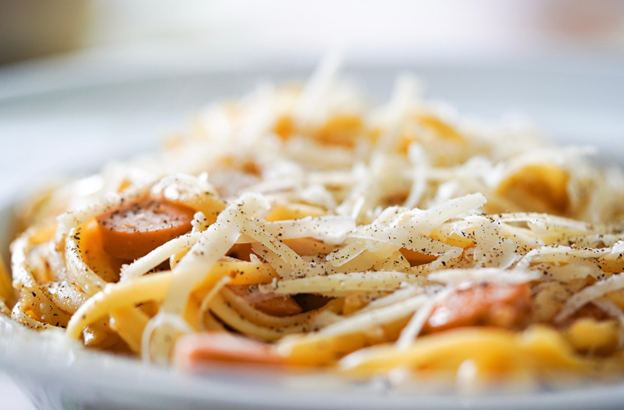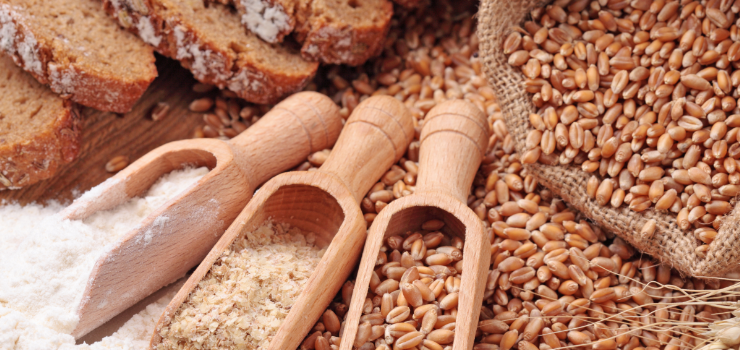A Brief Background Of Tonic Water

What precisely is tonic water? What makes it what it is and where did it come from? Here are seven interesting facts about the most popular cocktail mixer in the world. To put it simply, classic tonic water is carbonated water that has been laced with quinine. Sugar or fruit acids are occasionally added for flavor.
The amount of quinine in the water determines how bitter it tastes. Quinine is derived from the bark of the cinchona tree, which is native to South America despite its Asian name. The Greek root word “tonikos” means “invigorating,” and “tonic” means “refresher” or “energizer.”
What is Quinine and where did it originate?
The quinine we buy at the drugstore today has a long and tumultuous history, steeped in mystery and verging on the bizarre at times. The curative powers of cinchona bark were already known to the indigenous peoples of South America, but it was their European conquerors who first utilized it to cure malaria.
A Spanish soldier is believed to have fallen unconscious into a pond surrounded by cinchona plants while suffering from malaria. He was healthy again when he awoke, having avoided drowning. Another tradition claims that the Countess of Chinchón was rescued in 1638 by the daughter of a nearby tribe chief.
Who invented tonic water in the end?
Even though we don’t know who was the first to extract quinine from tree bark, the first nearly pure quinine was most likely extracted around 1820 using a recipe devised by two French pharmacists, Pierre Joseph Pelletier and Joseph Bienaimé Caventou.
Is there a limit to how much quinine can be in tonic water?
The German Flavorings Directive, which restricts the addition of quinine to any other beverages or foods, governs the use of quinine in Germany. Tonic water (and Bitter Lemon) have an upper limit of 85mg/l, while spirits have a maximum limit of 300mg/l. Similar restrictions exist in the majority of European countries. But, in the end, the limits are self-evident: anything above the permitted amount renders the water too bitter to drink.
Is Quinine also dangerous?
tonic water was used to prevent malaria, the amount of quinine in today’s premium tonic water is a drop in the bucket. In general, there are no risks associated with quinine consumption, but caution is nevertheless advised in some circumstances. People with tinnitus, for example, should avoid greater doses.
Due to its muscle-stimulating properties, it is also advised that pregnant women avoid quinine. It was also used to start labor contractions before birth in the past. The potential for quinine to be addicted to an unborn kid is even more concerning. However, the amount is once again the deciding element.






